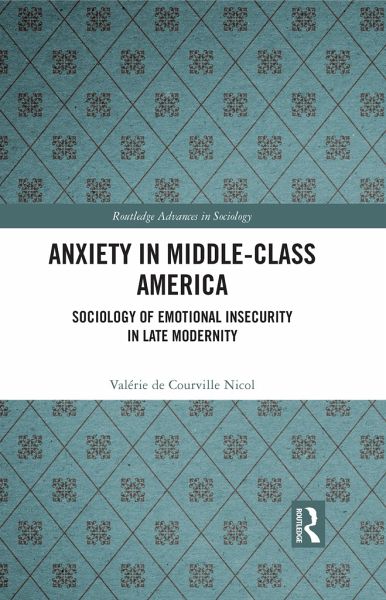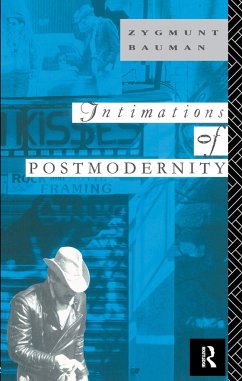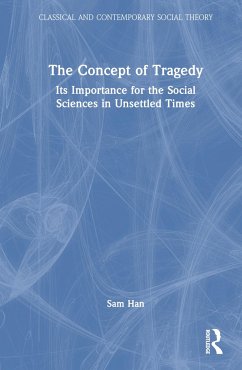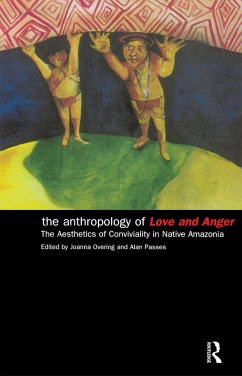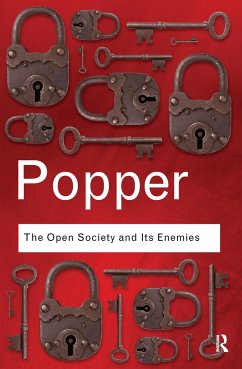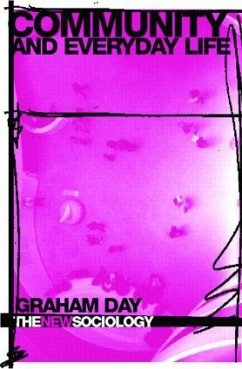"Life is a struggle, but human life is more of a struggle because in addition to material hardship is the human capacity to anticipate a future in which such afflictions may intensify. This is the curse of anxiety. The pace and complexity of late modern society, and the relative isolation of the individual within it, generates a plethora of anxiety types which Valérie de Courville Nicol's new book identifies and outlines for the reader. Anxiety in Middle-class America: Sociology of Emotional Insecurity in Late Modernity achieves a level of analysis and a broadness of apprehension that is simply breathtaking. In this work Professor Nicol not only advances our understanding of anxiety, she comprehensively explores late modernity, and
the power of sociology."
Jack Barbalet,
Australian Catholic University and author of
Emotion, Social Theory, and Social Structure"This book sets out a novel and intricate conceptual framework to analyze bestselling self-help books published since the 1970s. It treats anxiety as the embodied experience of moral-emotional difficulties constituted in social relations. This produces a detailed and rigorous account of sociocultural, historical, economic, and relational nuances of and changes in anxiety and its proposed management over recent decades. The analysis demonstrates the interdependence of personal experience, social relations, and cultural-historical changes and will be a valuable resource for anyone wanting to know more about this most ubiquitous of emotions."
John Cromby,
University of Leicester and author of
Feeling Bodies: Embodying Psychology"Ours is an age of anxiety. Apprehension and worry are pervasive, dogging out steps, and we avail ourselves of everything from workbooks and cognitive therapies to Xanax and chamomile tea to quell our uneasiness and calm our fears. But in Valérie de Courville Nicol's deft weaving of social theory with analysis of self-help, common anxiety types are turned into sociological concepts for illuminating the norms of our late modern culture of choice. Our anxieties provide us, she shows, with windows into our predicament-what is important to us, what motivates us, what we feel responsible for-and cannot be separated from the kinds of people, individually and collectively, we hope to be.
Anxiety in Middle-Class America is a powerful introduction not just to our insecurity but to the conditions that bring it about."
Joseph E. Davis,
Institute for Advanced Studies in Culture, University of Virginia"Anxiety is an everyday way to talk about ourselves. But what is it, exactly? Is anxiety a mental illness, a response to the speed and unpredictability of modern life, or a mainstay of middle-class American responses to social change? Valérie de Courville Nicol's timely study of anxiety as a social condition pushes back against the medicalization of anxiety as something only drugs can treat.
Anxiety in Middle-Class America sheds light on the nature of anxiety in America and the rise of self-help discourse as a key way for Americans to conceptualize anxiety as a serious moral and emotional problem."
Julie Rak,
University of Alberta and author of
Boom: Manufacturing Memoir for the American Public"This timely book analyses the form of expertise Americans have come to trust in a post-traditional order: self-help books. In deconstructing growing worries about worrying in late modern middle-class America, and what to do about it, de Courville Nicol connects macro-political shifts to moral struggles with anxiety. In casting self-help books as a product of their time, the book offers more than a sociological critique. This quote-worthy book, filled with witticism grounded in evidence, provides readers with an applied but comprehensive engagement with the sociology of emotions - from classic to contemporary contributions - like no other text on the market."
Rebecca E. Olson,
University of Queensland, author of
Towards a Sociology of Cancer Caregiving: Time to Feel (2015) and Editor of
Emotions in Late Modernity (2019)
"De Courville Nicol's book is a fascinating read and a most important contribution to understand anxiety in the middle-class of late modern America. Investigating self-help books as a source of prevailing emotives, the book identifies ten intriguing patterns of how the self-help discourse organizes experiences of insecurity and shapes responses of ethical and reflexive self-transformation."
Christian von Scheve,
Freie Universität Berlin"Anxiety in Middle-Class America is a brilliantly original and compelling sociological analysis of popular self-help literature focusing on the contemporary obsession or cultural 'anxiety over anxiety.' This book is important reading for those interested in popular psychology, cultural studies, mental and emotional distress, and the growing self-help movements characterizing Western society in the first quarter of the twenty-first century."
Heidi Rimke,
The University of Winnipeg"For the last quarter-century, traditional and new media have exposed mammoth human problems: terrifying new infectious diseases, incurable illnesses, mass shootings, conspiracy theories, media disinformation, religious and political extremism, systemic racism and sexism, accelerated wealth inequality, and the existential threat of climate change. Millennials, Generation Xers, Baby-boomers, and the elderly are all affected by this avalanche of uncertainty. Meanwhile, types of mental illness listed in the DSM have risen sharply since 1952, and the anxiety management marketplace has exploded with commodified strategies for coping with emotional insecurity. Dr. de Courville Nicol's book on the sociological dimensions of emotional pain shines a light not only on its tangible clinical and medical aspects but opens onto solutions based on social and collective action through its conceptually innovative attention to the dynamic social-cognitive-affective context of suffering."
Henri Dorvil, Université du Québec à Montréal, Co-Founder and Director of
Social Problems and Social Interventions Collection of Québec University Press (2001).
"Exploring the many forms of contemporary anxiety that trouble middle-class American minds, this book locates self-reflexive suffering in a social, historical, and cultural context. Moral-emotional discourses of responsibility surround questions of relating to others in an increasingly individualised world. This creates dilemmas for the management of identity in everyday life: how can we be independent yet intimate, free yet connected, successful yet modest, and vulnerable yet controlled? Not surprisingly, these questions have fuelled growing tensions, worries and insecurities, to which the genre of self-help responds. This meticulously researched book provides a fascinating tour through the vicissitudes of anxiety, raising thought-provoking ideas about the social, psychological, and existential dimensions of a culturally pervasive experience."
Susie Scott,
University of Sussex and author of
The Social Life of Nothing: Silence, Invisibility and Emptiness in Tales of Lost Experience (2019).
"
Anxiety in Middle-Class America is a masterful demonstration of sociology's relevance to our understanding of mental health. Christopher Lash saw narcissism as a signifier of unease in American culture, and Richard Sennett worried about the deleterious political effects of overinvestment in intimacy. Valérie de Courville Nicol changes registers to present the inseparable sociological and psychological features of the tensions that stretch across contemporary American society. Rather than take the usual shortcuts that point to the disembodied and depersonalized operations of capitalism, systems, or domination, the author crafts a theory of contemporary anxiety and agency informed by the sociology of emotional insecurity. The result is a powerful and original outlook that enlightens us on the tensions of late modern life and how these are enfolded in the practices individuals mobilize to maneuver and constitute themselves."
Marcelo Otero,
Université du Québec à Montréal, author of
Les fous dans la cité: sociologie de la folie ordinaire contemporaine (2015) and
Foucault sociologue: une critique de la raison impure (2021).
